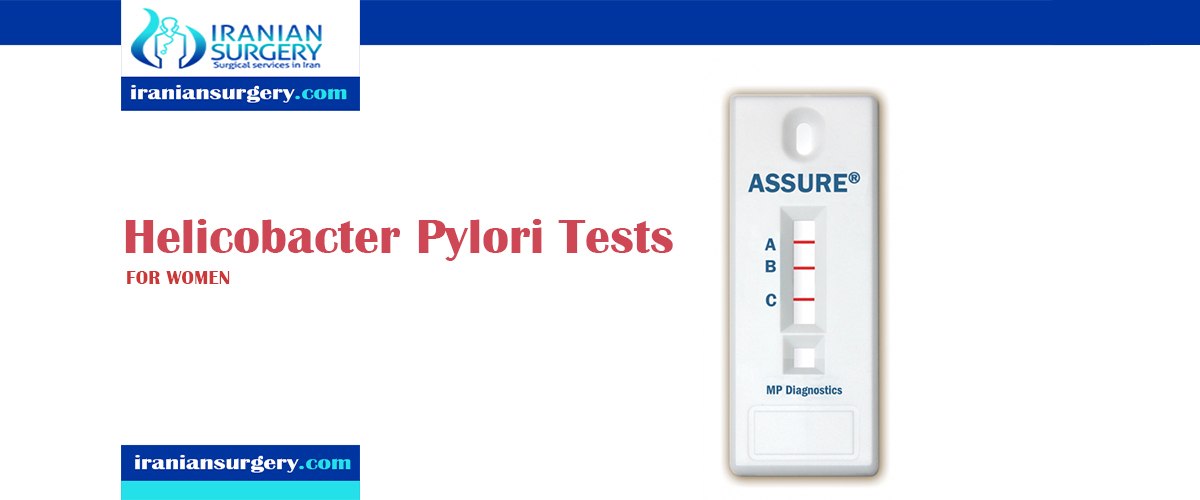H.pylori

Helicobacter Pylori Tests
Test Overview
Helicobacter pylori tests are used to detect a Helicobacter pylori ( H. pylori) infection in the stomach and upper part of the small intestine (duodenum). H. pylori can cause peptic ulcers. But most people with H. pylori in their digestive systems do not develop ulcers.
Four tests are used to detect H. pylori:
- Blood antibody test.A blood test checks to see whether your body has made antibodies to pylori bacteria. If you have antibodies to H. pylori in your blood, it means you either are currently infected or have been infected in the past.
- Urea breath test.A urea breath test checks to see if you have pylori bacteria in your stomach. This test can show if you have an H. pylori infection. It can also be used to see if treatment has worked to get rid of H. pylori.
- Stool antigen test.A stool antigen test checks to see if substances that trigger the immune systemto fight an pylori infection ( H. pylori antigens) are present in your feces (stool). Stool antigen testing may be done to help support a diagnosis of H. pylori infection or to find out whether treatment for an H. pylori infection has been successful.
- Stomach biopsy.A small sample (biopsy) is taken from the lining of your stomach and small intestine during an endoscopy. Several different tests may be done on the biopsy sample. To learn more, see the topic Upper Gastrointestinal Endoscopy.
Why It Is Done
A Helicobacter pylori ( H. pylori) test is done to:
- Find out whether an infection with pyloribacteria may be causing an ulcer or irritation of the stomach lining (gastritis).
- Find out whether treatment for an pyloriinfection has been successful.

